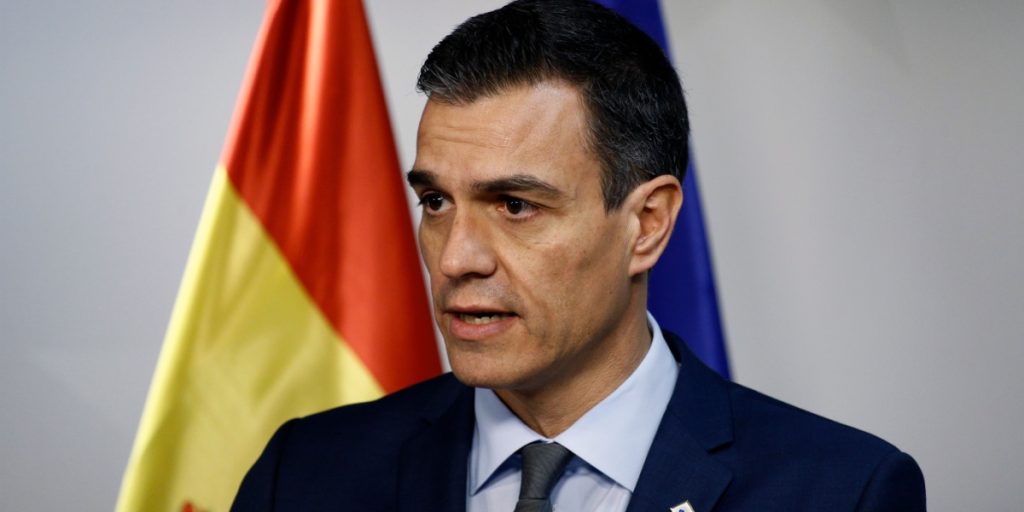Spanish Prime Minister Pedro Sánchez has decided not to resign despite recent challenges.
Others are reading now
Spanish Prime Minister Pedro Sánchez has decided not to resign, despite recent pressures stemming from an investigation into his wife, Begoña Gómez, for alleged corruption and influence peddling.
Sánchez made this announcement on Monday, declaring his intent to continue leading the Spanish government with renewed vigor, as reported by Euractive.
Political Turmoil
Last week, Sánchez hinted at the possibility of resignation after a Madrid judge initiated an investigation into his wife’s activities.
Also read
However, he has chosen to remain in office, stating, “I have decided to continue. This decision is not a semicolon; it is a full stop. I am taking the decision to continue with even greater strength, if possible, at the head of the Spanish government.”
In his statement, Sánchez also called for a collective effort to reduce toxicity in public discourse, expressing regret over the attacks his family has endured from Spain’s right-wing parties, PP and VOX. Despite these challenges, he reaffirmed his commitment to fulfilling his duties as Prime Minister.
Background of the Controversy
Sánchez initially came to power in 2018 through a vote of no confidence against then-Prime Minister Mariano Rajoy, led by left-wing parties. This action brought him to the forefront of Spanish politics as the leader of the Socialist Workers’ Party (PSOE/S&D).
Following the recent allegations against his wife, Sánchez took a brief period of reflection to consider his political future. The complaint against Gómez was filed by Clean Hands, a group linked to far-right elements within Spain, and based on accusations circulating in right-wing media.
Among the considered options were resignation, calling snap elections—which were not viable due to timing constraints since the last elections were held on May 29, 2023—and a confidence vote, which he was likely to win.
This decision to remain in power comes at a critical time, with the European elections less than six weeks away and the Catalan elections scheduled for May 12.


